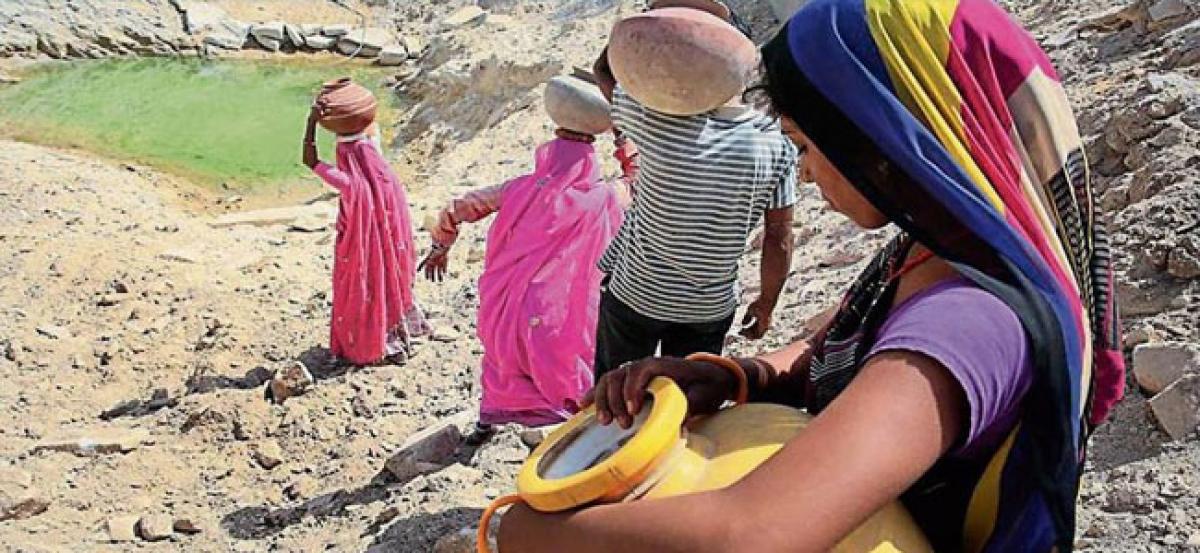Live
- 80% of moms prefer smart robots for household cleaning
- Pressure to be perfect raising burnout in parents, anxiety in children
- Sudha Reddy’s Spectacular Ode to Indian Craftsmanship and Heritage: A Met Gala Marvel
- CM Jagan criticizes Chandrababu over Minority Reservations, assures of safeguarding it
- Physical activity & higher body mass can boost lung function growth in children
- Sircilla: Modi pats Bandi for successful meeting
- How to manage result anxiety: Expert tips for students
- India 1st country to cross $100-bn remittances
- Settlement scheme in illiquid stock options extended
- Elderly Residents Express Gratitude to YSRCP MLA Candidate Mekapati Vikram Reddy for Welfare Initiatives









